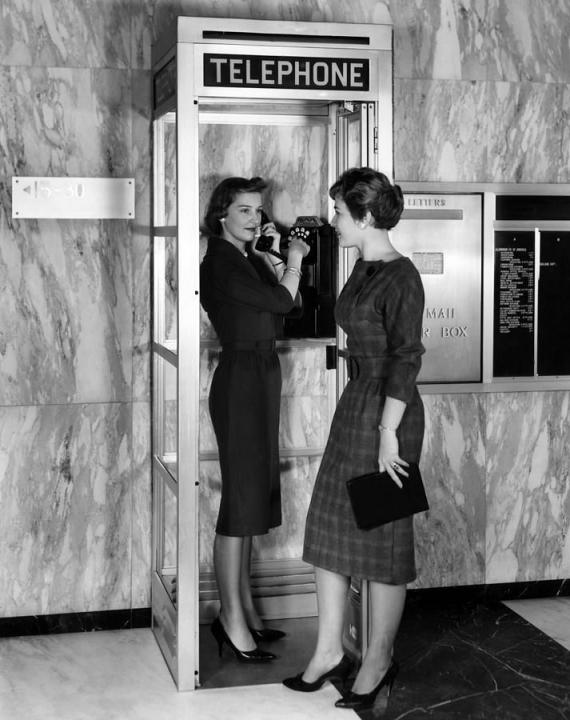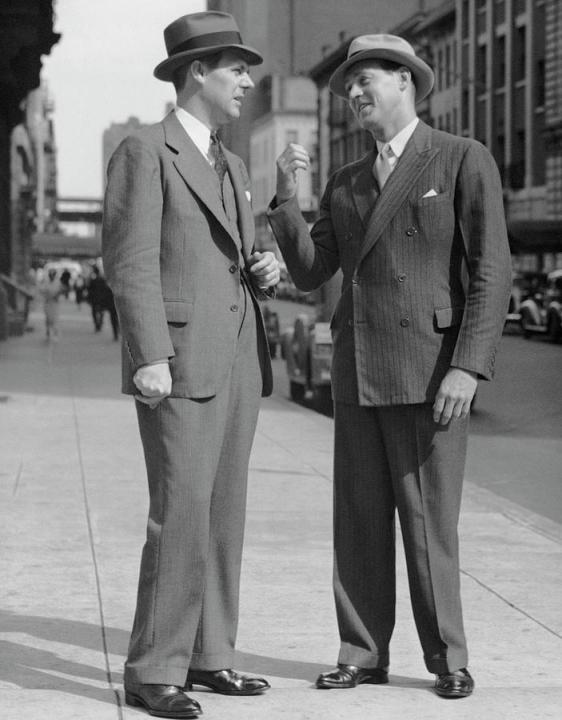I’m not referring to two different people’s voices merely being close enough to each other that they sound somewhat similar, I’m referring to exact carbon copies so precisely alike that it’s impossible to distinguish or ascertain which person spoke, even through scientific analysis. Thank you.

*I just threw in the snowflakes reference because even though for many years it was touted that no two snowflakes are or can ever be exactly alike, I believe it came out later that that supposition might not be accurate, and that duplicates might exist. I am not sure either way.
~
(Did I misuse or incorrectly omit the Oxford comma?)![]()